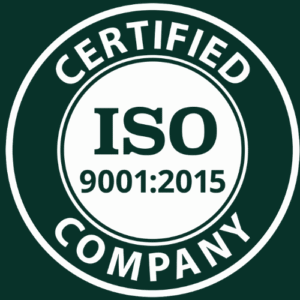Copyright Objection
Creating something original is a rewarding experience—but protecting it can sometimes be just as complex as creating it. When you file for copyright registration, your application enters a 30-day public review period. During this time, any third party can raise a copyright objection if they believe they have a claim over the work or if it infringes on their existing rights. However, objections are a standard part of the copyright process and are meant to ensure that no duplicate or unauthorized claims get registered. An objection typically leads to a hearing, where both parties present evidence to support their claim. Think of it as a safety net built into the copyright system.
- Formal objection letter
- Proof of authorship/ownership
- Copy of the objected work (for comparison)
- Identity proof of the objector
- Authorization letter (if filed through an attorney or agent)
- Supporting legal documents or prior agreements
- Monitor the Objection window
- Submit Objection
- Hearing Notification
- Hearing & Evidence Review
- Decision
FAQs
Registration is not mandatory to file an objection. If you can prove prior authorship or ownership, you can object even if your work isn’t registered.
Objections must be submitted to the Copyright Office, typically online or by sending documented evidence directly to the Registrar of Copyrights.
The Copyright Office does not conduct independent investigations; it reviews submissions and documents provided by both parties and may request further clarification or schedule a hearing if necessary.
Each objection is treated independently, but may be consolidated into a single hearing. The applicant must respond to each objection individually or collectively, as directed.
Filing an objection does not automatically prohibit the applicant from using the work; however, registration may be delayed or denied pending resolution of the objections.

